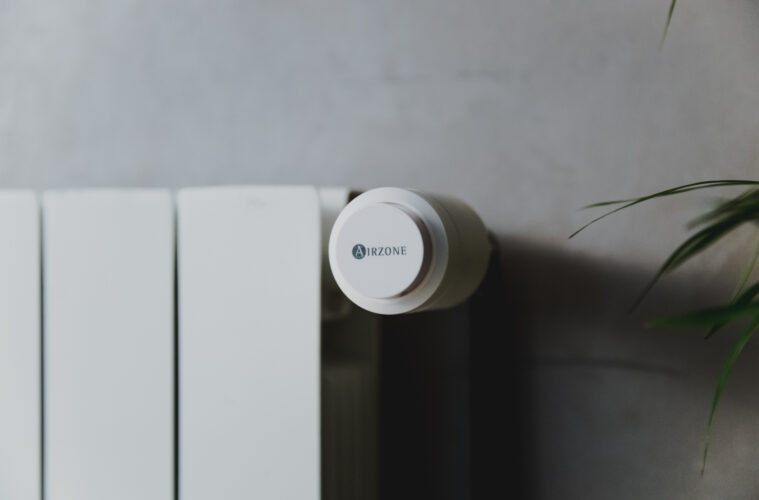A new study by the University of Málaga, in collaboration with Airzone, introduces a smarter and more efficient way to heat and cool UK homes without compromising on comfort. Using an intelligent algorithm that coordinates air conditioning, blinds, lighting and zoning, homeowners can reportedly cut energy consumption by up to 50% while maintaining ideal indoor temperature and light conditions.
The study aimed to optimise the balance between natural light, temperature and energy consumption. While daylight naturally lights spaces, enhancing productivity, it can also cause glare, overheating and subsequently lead to high energy consumption.
The research, presented at the 15th REHVA HVAC World Congress CLIMA 2025, simulated the energy behaviour of a real home in three European cities – Milan, Barcelona, and Paris – considering different levels of thermal insulation. The proposed system autonomously manages each room (zoning) using smart thermostats and automated blinds, adjusting in real time to indoor temperature, available natural light and direct sunlight exposure.
The outcome? A 40-50% reduction in energy use compared to traditional climate systems that manage the entire home from a single control point. This is a significant finding in the UK as domestic energy costs have risen by 61% over the last five years, according to the Office for National Statistics.
Beyond energy savings, the system also enhances natural lighting by maximising sunlight in the most frequently used rooms, reducing the need for artificial lighting. The most effective blind-control strategies use light and heat sensors, enabling dynamic, real-time adjustments throughout the day.
This is particularly important in the UK as the average person in the UK spends 22 hours indoors, roughly 90% of their day. This, coupled with the fact that the UK only has under 1.5 hours of sunshine daily, means that optimising natural lighting in indoor spaces is key.
One of the biggest advantages of this innovation is its compatibility with existing devices: “This makes it an ideal solution for energy retrofits in existing homes. The algorithm can be integrated into current home automation systems without requiring major investment,” says Davide Truffo, Head of Business Development and Training at Airzone Italy, and a contributor to the study. “We’ve shown that you can significantly improve both sustainability and comfort without complicating life for homeowners.”
The study reinforces the importance of an integrated approach to home climate control, one that balances health, efficiency and indoor well-being. A tangible step forward in the UK’s journey toward climate neutrality by 2050.


